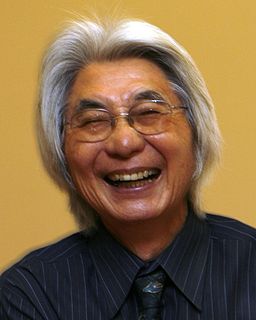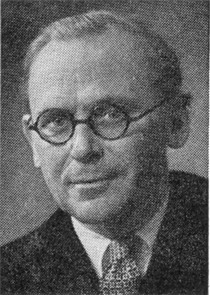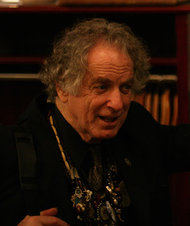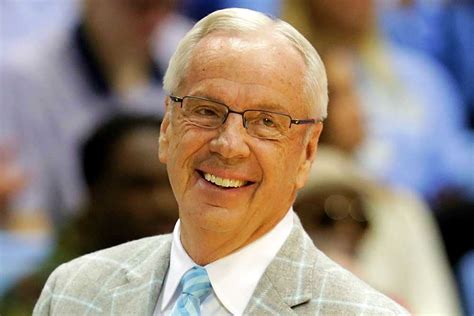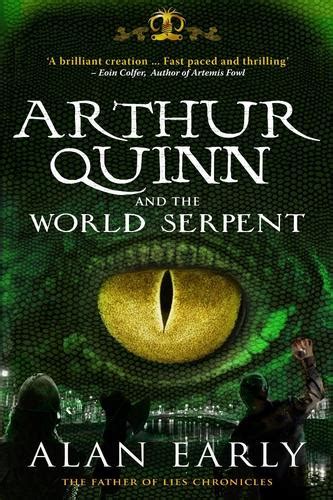A Quote by Mike Quigley
One hundred and fifty years after Lincoln's Gettysburg Address, equality for many Americans remains elusive.
Related Quotes
The same costume will be Indecent ten years before its time, Shameless five years before its time, Outre (daring) one year before its time, Smart (in its own time), Dowdy one year after its time, Ridiculous twenty years after its time, Amusing thirty years after its time, Quaint fifty years after its time, Charming seventy years after its time, Romantic one-hundred years after its time, Beautiful one-hundred-and-fifty years after its time.
Lincoln is such an iconic figure in American history. He seems to reflect so many elements of American culture that we consider essential, whether it's the self-made man, the frontier hero, the politician who tries to act in a moral way as well as in a political way, Honest Abe. His career raises these questions that are still with us, the power of the federal government vis-à-vis the states, the question of race in American life, can we be a society of equals? There are so many issues central to Lincoln's career that are still part of our society one hundred and fifty years later.
I have wanted to give Iraq a lesson in democracy - because we're experienced with it, you know. And, in democracy, after a hundred years, you have to let your slaves go. And, after a hundred and fifty years, you have to let your women vote. And, at the beginning of democracy, is that quite a bit of genocide and ethnic cleansing is quite okay. And that's what's going on now.
The legislative job of the President is especially important to the people who have no special representatives to plead their cause before Congressand that includes the great majority. I sometimes express it by saying the President is the only lobbyist that one hundred and fifty million Americans have. The other twenty million are able to employ people to represent themand thats all right, its the exercise of the right of petitionbut someone has to look after the interests of the one hundred and fifty million that are left.
The omission of an expected conjunction is called an asyndeton. Caesar is supposed to have said about Gaul: I came, I saw, I conquered. Lincoln concluded the Gettysburg Address, That government of the people, by the people, for the people, shall not perish from the earth.Caesar seems to have omitted his conjunction to speed things up; he is emphasizing how quickly the conquest of a place follows from its being sighted by a great and ambitious general. Lincoln's omission is more subtle

